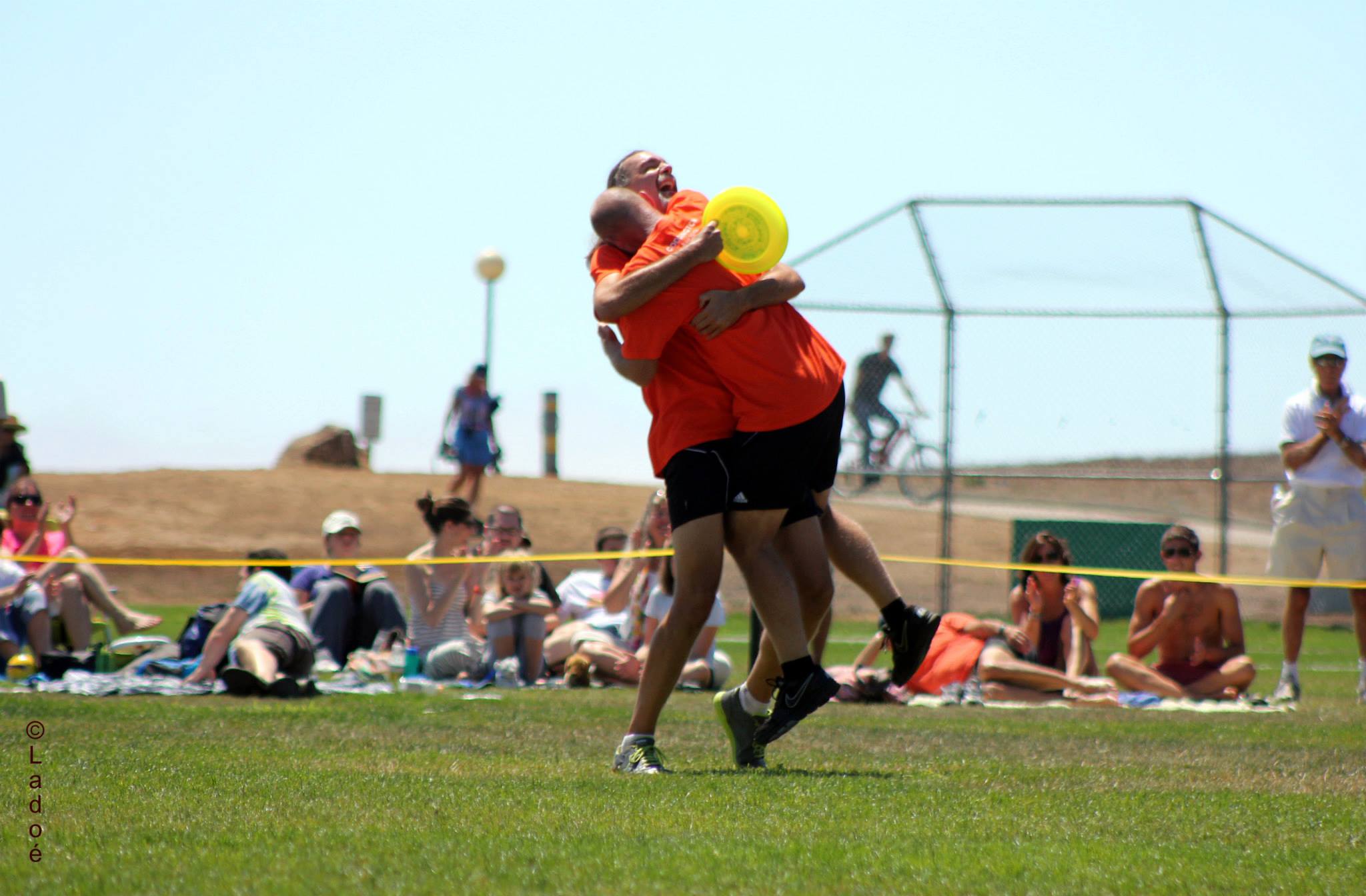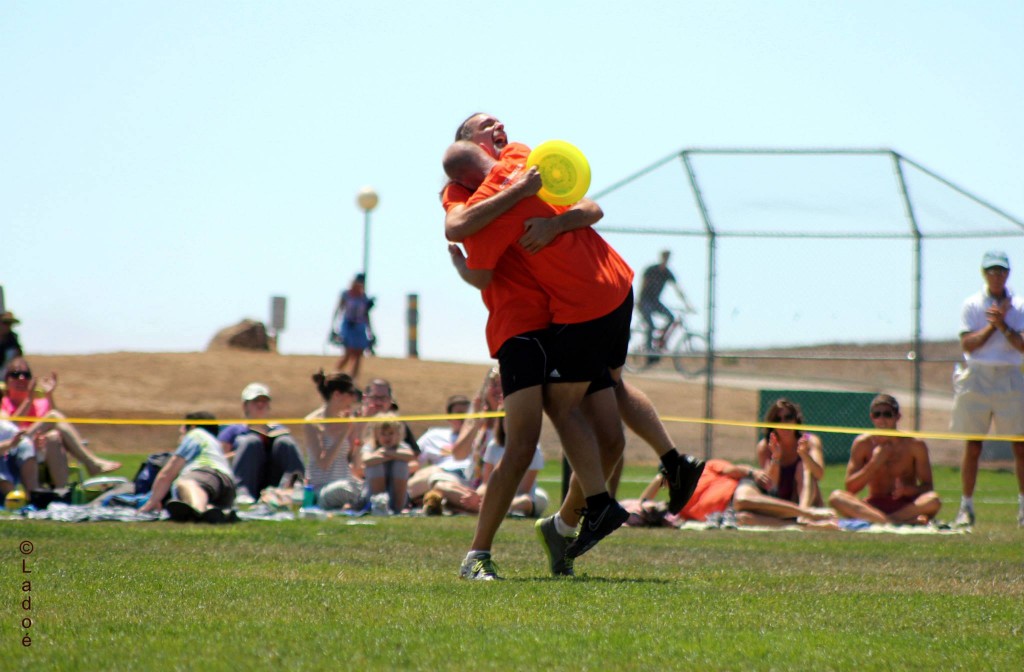I’m not a Woody Allen fan. While I have enjoyed a few of his movies, most of the time I find them uninteresting, unfunny and contrived. His latest film, Blue Jasmine, is set here in the Bay Area and had some word-of-mouth, so I gave it a chance. And it was bad.
I’m not surprised that Oscars voters gave Allen a screenwriting nomination this morning. He gets a lot of free passes. I’m sad for the writers whose quality work was passed over in favor of Allen’s reputation.
Look for the Cate Blanchett
Blue Jasmine is a mess except for exceptional acting performances, primarily from Cate Blanchett and Sally Hawkins. Blanchett and Hawkins give Blue Jasmine its strength, and I was happy to see their Oscar nominations. In the midst of what is otherwise a train wreck, their performances redeem the experience.
Wabi Sabi is a Japanese aesthetic. It’s elusive to define, but one way to think of it is beautifully flawed. Cracked pottery. A vocal solo that becomes unforgettable because of the cracks in the singer’s voice. Wabi Sabi. The beauty in the flaw. Finding the Cate Blanchett in a Blue Jasmine.
Seeing Blue Jasmine made me want to write about how wrong the movie is and about how generally wrong Woody Allen’s filmmaking is, but it became more important to find the Wabi Sabi of Woody Allen. What can we learn from this depressing, strange man’s success? What is Woody Allen doing right and wrong, and how can we use those lessons?
Lesson 1: Persistence
Allen makes roughly a movie per year. He’s released 44 films since 1966. Most of them make little impact and disappear, but he has built a reputation that allows him to continue making films in spite of repeated failure.
Every five to ten years, he makes something good that amplifies his legend. The clunkers are forgotten. The hits are remembered.
It’s about persistence. If a success rate of 1 in 10 is enough to become legendary, then we should plug away. We should create often. We should brush off failure and keep grinding forward.
Lesson 2: Be Economical
One of the things Allen does well is operate on a budget. He’s built his reputation such that people will waive their normal fees to work with him. By keeping the costs of each project low, each failure matters less and each success has bigger upside.
The lesson here: take lots of smaller risks and run with the successes.
Lesson 3: Know Your Audience
Woody Allen is not writing movies for me. He’s been fortunate to find a niche audience, one that’s almost big enough to make his movies profitable. He found them, and he keeps speaking to them. Tyler Perry’s done the same thing on a much bigger scale. Both filmmakers release at least one movie a year and speak unapologetically to their niche audience.
It’s a cool thought that all of our freaky endeavors may have an audience among the 7 billion people on our planet. All we have to do is figure out who they are and reach them with something valuable.
Lesson 4: Use Your Team
We all need a support system to reach our peak level of performance, and most of us don’t cultivate the kind of support we need. Behind the scenes, Allen uses his team well for logistics. He has a well-oiled production team that puts all pieces together so he can focus on writing and directing.
Where Allen doesn’t use his team well is quality control. The people around us – our team – are one of our greatest assets. Used actively, they can build and refine good ideas. They can connect us to those who can help us reach our goals. They can keep us on track when we’re off the mark.
In Blue Jasmine, Allen’s quality control was absent. We learn that a large portion of San Franciscans talk with New York accents and that San Francisco is a sunny and warm city with no wind, fog or rain. We learn that there are no gay people in San Francisco – or Latinos or African Americans except when used as menacing set dressing. Something I never knew until seeing Blue Jasmine was that mid-level jobs in the diplomatic corps are lucrative enough to pay for multimillion dollar Marin homes.
Strange and distracting messages. If Allen weren’t operating in a vacuum, his support system would have guided him to small changes that could hold his film together. Which leads us to lesson 5.
Lesson 5: Be Real
Being real binds an experience together. It’s grounding and sometimes uncomfortable. And it can take work. Without realness, we’re out of touch and things get unconvincing and distracting.
I rarely find Woody Allen’s work real. In Blue Jasmine, a story about losing touch with reality, Allen is disconnected from the real in all the wrong ways. I’m not sure whether Allen cuts corners because of the pace of his filmmaking or whether he just doesn’t care about details. There’s a lot of comedy and absurdity about life in San Francisco, but Allen walked away from bountiful comic material and chose to cast New Yorkers as San Franciscans and have them act out a nonsensical plot. The locations look familiar but the people have nothing to do with the city. They don’t ring true. They’re not real.
So how do we stay real? It seems a lot like balancing. We’re always being pulled away from the real, but we have to actively draw ourselves back toward it. Knowing ourselves is key. Otherwise we won’t know when we’ve been pulled away. That support system is important too. Trusted friends can keep us in line.
Just Five? Okay. Here’s An Easter Egg
This post is about what we can learn from Woody Allen, and it’s also about me shifting from venting mode into learning mode. So there’s actually a bonus lesson here, an Easter Egg.
The hidden secret sixth lesson is about Wabi Sabi and Cate Blanchett. It goes something like this. Being real means you get to have an opinion about things – like for instance that Blue Jasmine is a crappy movie. It even means you get to share that opinion. But the sixth lesson is that over-focusing on what’s wrong is a distraction.
Writing a blistering movie review is not what’s important in my life. Dwelling on all the many faults of the film nearly distracted me from the larger takeaways I’ve written about here.
The secret sixth lesson is about learning. It’s about looking past the emotional reaction and seeing what’s useful. Finding the genius in the flaws. Few of us are good at the secret sixth lesson, but it may just be the most important one.
A Footnote
In writing this, I stumbled on a James Altucher piece from a few years ago. Same Woody Allen theme with some different perspectives. Worth reading.








